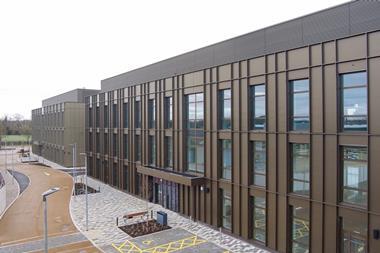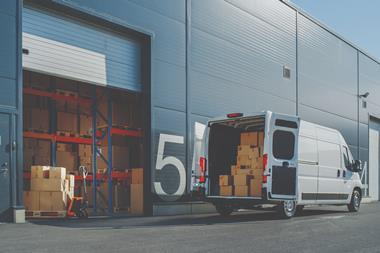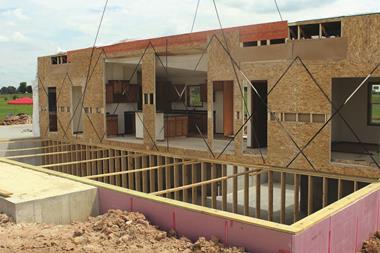Your recent article ‘Cautious optimism as outlook brightens’ noted that the latest MSCI data shows recovery in UK commercial real estate overall. However, it records falling office values, which we believe are mainly due to the rise in interest rates.
While there is much uncertainty around office valuations, it is important to distinguish between prime office stock, particularly in central London, which is resilient and seeing continued demand, and secondary office space, which is struggling. The difference between the two is only widening.
Occupier needs have changed, with modern companies and employees favouring tier-one workspaces with the highest environmental, social and governance (ESG) and wellbeing credentials. They are demanding healthier, more flexible and technology-enabled spaces
that provide an enhanced experience. Sustainability and wellness are inherently linked.
The climate crisis and higher energy costs mean there is more awareness of buildings’ environmental impact and performance. Occupiers are more rigorous in their assessment of premises and, although this trend was accelerated by the pandemic and subsequent hybrid working trend, it was already under way.
The relationship between sustainability, wellbeing standards and real estate value is clear-cut. Investors and developers are now putting these factors at the centre of their decision-making, to future-proof assets and realise the benefits of greener and wellbeing-focused property in both leasing and sale terms. The best way to drive long-term value is by delivering responsible products with longevity, which align with increasingly stringent regulations and can withstand market fluctuations.
MSCI points to a heightened risk of obsolescence contributing to falling office values, which, again, is true for secondary stock. Around 70% of the country’s commercial buildings pre-date 2000 and, to reach net zero targets by 2050, many require some level of retrofit to improve energy efficiency and occupier comfort. The alternative is increased vacant spaces that are likely to continue to lose value. Smart tech can monitor performance in real time.
As an industry, we must share experiences and best practices to create better office spaces that reflect occupiers’ evolving priorities.
Ilyas Aslam, chief operating officer, Quadrum
































No comments yet